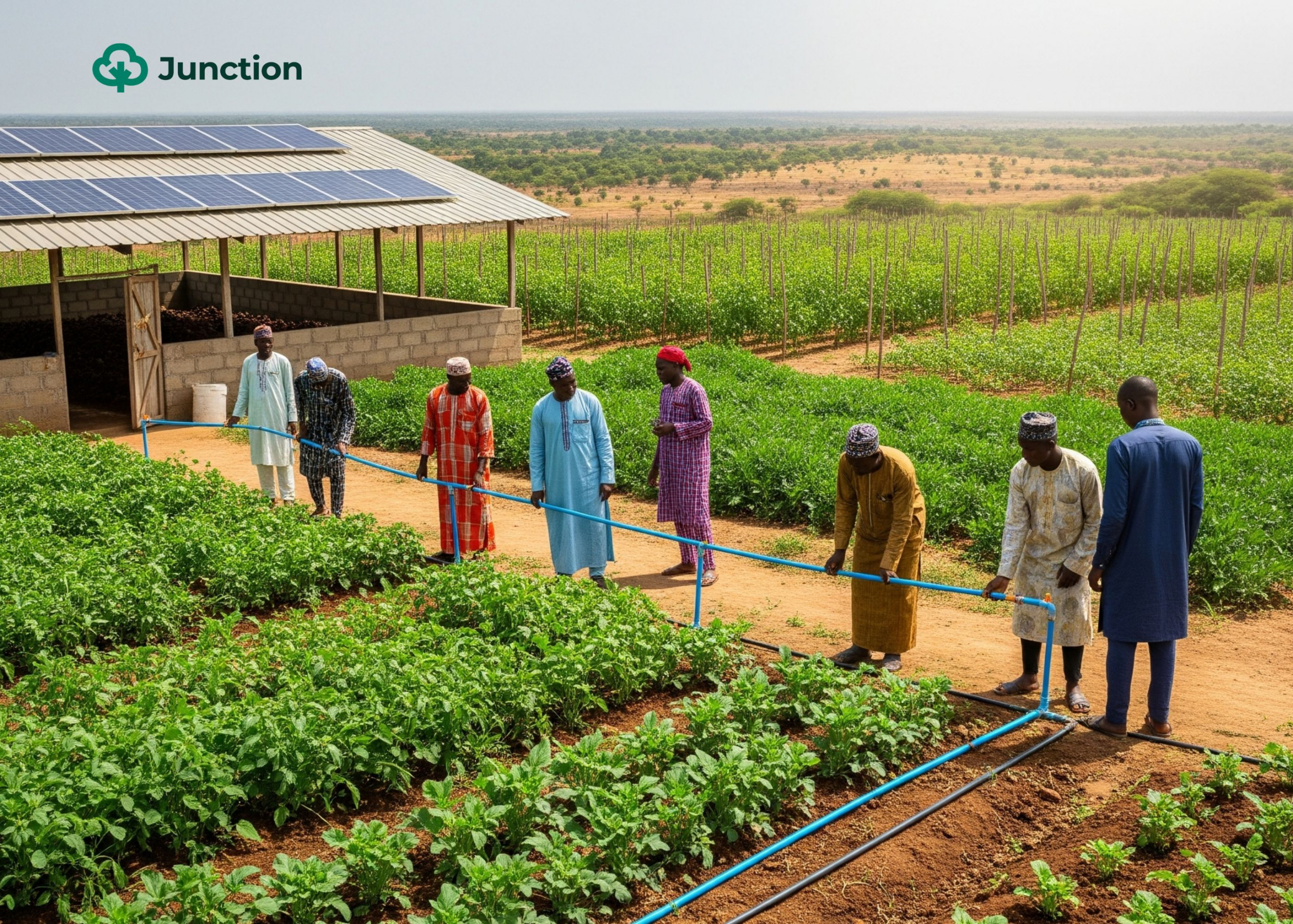News in brief:
– Climate change is threatening food security in Nigeria and globally, with coffee-growing regions projected to shrink by 50% in two decades.
– A new study shows that agribusinesses investing in sustainable practices not only reduce risks but also see increased profits.
Climate change threatens food security in Nigeria as a recent news report mentions water sources drying up in the country’s Northern, key food-producing regions.
It could also slash coffee-growing regions by 50% in the next two decades, a new report reveals that sustainability is no longer optional for food and agriculture companies—it’s a competitive advantage.
A joint study by NYU Stern Centre for Sustainable Business and Deloitte shows that investments in sustainable agriculture can drive profitability while reducing risks.
Surveying 350 global executives across processing, manufacturing, retail, and food service sectors, the report found that 79% of companies saw revenue growth from sustainability strategies, while 74% reported reduced operational costs.
For agribusiness owners, the message is clear: adopting sustainable practices, like responsible sourcing, reducing food waste, and eco-friendly packaging, not only builds resilience against supply chain disruptions but also boosts market share. Sustainable consumer packaged goods (CPGs) grew nearly twice as fast as conventional ones, despite carrying price premiums of up to 60% in categories like coffee and yoghurt.
A striking example came from a major food processor that committed to sustainable palm oil sourcing and reaped a net benefit of $72 million over a decade. Similarly, dairy industry leaders now acknowledge that failing to reduce emissions could mean losing shelf space shortly.
The study also highlights growing collaboration, with 84% of companies co-investing in sustainability initiatives. Notably, shared strategies like responsible sourcing are cutting costs and generating revenue across multiple segments of the value chain.
As global agribusinesses face increasing climate risks and consumer pressure, the call to action is urgent. Long-term success depends on investing in regenerative agriculture, resilient supply chains, and collaborative innovation. According to the report, companies that act now stand to lead not only in sustainability but in profitability and global food security.



